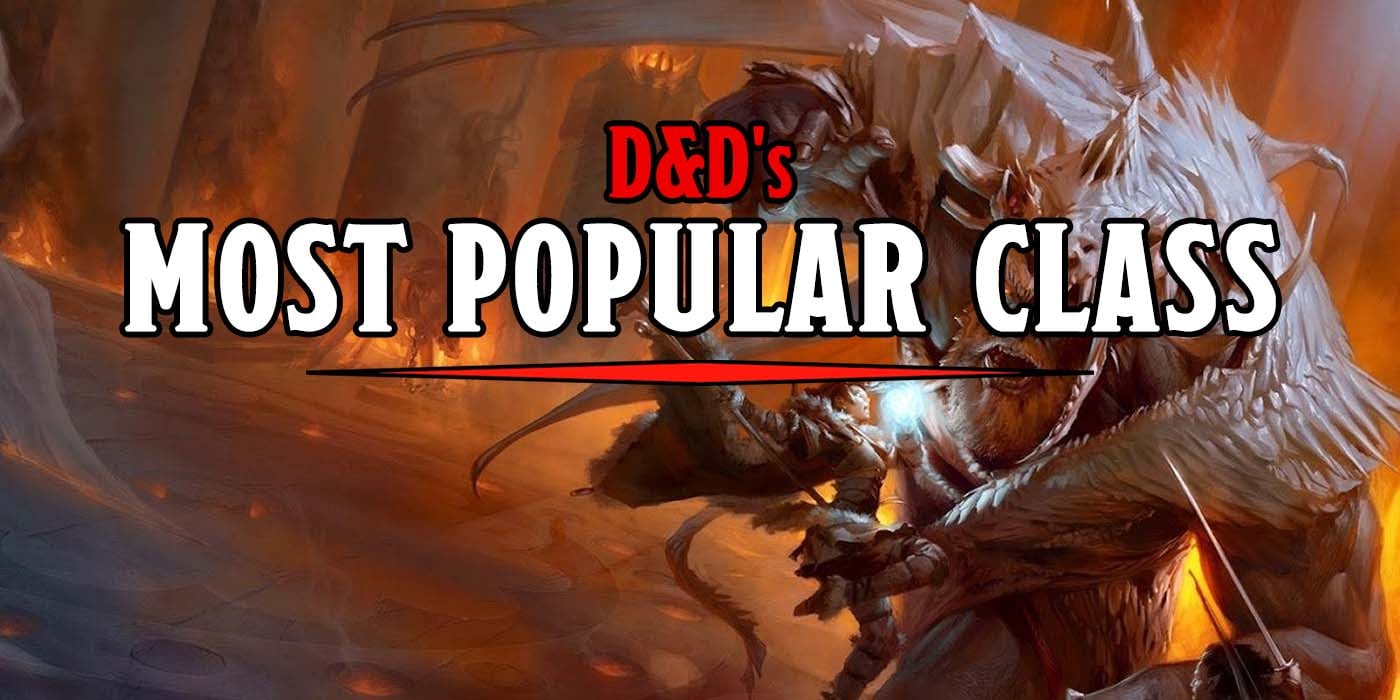I can only give anecdotal evidence, with a little support from the official statistics, but I find players simply don't want to play wizards. Someone ends up playing one, only because they are strong, so the group feel they need one.
Now, it's open to debate if that is a positive or not. Maybe you feel the game would be better without wizards?
As Fanaelialae said--what on earth gave you the notion that I wanted to
remove the Wizard? I want a game that purports to be about peers adventuring together, a game that presents different classes (and races) as being equally-valid options, to
actually have those options be on a par with one another, up to a reasonable standard (generally, one coming from statistical analysis, to avoid various biases and outliers.) Given that caster supremacy has been an issue for literally decades at this point* for
at least a meaningful minority, enough that even Paizo, torchbearers for the
crème de la crème caster-supremacy edition, explicitly said, "We cannot solve this problem without rewriting the system on a fundamental level" (when asking for patience and open-mindedness from their audience about PF2e), yes, I really do think there's an ongoing issue here, one that
still hasn't been properly addressed. Half-hearted efforts have plagued D&D and its descendants for ages.
*Other than 4e.
It doesn't matter how many times you state it, repetition does not make something true.
It is my opinion that "fun" is the only thing that matters in game design. I won't bother to repeat it ad nauseum, because that wouldn't make it anything other than an opinion.
This is like saying that "taste" is the only thing that matters in baking. It is a useless standard; to tell someone "make your cupcakes yellow and fluffy" is
pointless, because that doesn't give them the slightest bit of information they didn't already have. To say that "'fun' is the only thing that matters in game design" is like saying "the only thing that matters in science is being correct" or "the only thing that matters in ethics is right behavior." Yes, ultimately, the
goal of science is to advance knowledge by empirical adequacy, and the
goal of ethics is to guide us toward right behavior, but
those are not standards by which we can judge individual theories. They are reasons for which one should
reject a theory for being bad, NOT reasons for which one should
accept a theory. You can be correct
for the wrong reasons, which is still bad science, even if it leads to empirical adequacy. Newton's laws, for example, are objectively false,
provably so, and yet they were still
good science because they grew out of good standards. Those standards are how we
aim toward the goal of "being correct."
Good design needs more than "fun." "Fun" is the
prerequisite for us to even consider whether to use something. It is not the point at which we say "ah, good job everyone, no more work is needed."
Hence the asterisk. I don't believe that is an absolute. I allow for exceptions.
And I--as stated above--don't expect perfection. I expect balance within a reasonable range, one defined by statistical analysis, which is easy to do (if you can gather enough data) for a game like D&D that is built on numbers and probability.
So who's the one dealing in absolutes here?
Repeating the same faulty argument doesn't make it true. What, exactly is a better standard? Why would people play a game that wasn't fun? It's a game. I play because I enjoy it. I can't imagine spending my free time playing if I wasn't having fun.
Again, you are projecting a completely false idea into this. I didn't say "fun" is
wrong. I said it is a
bad standard. Because it is. A game that isn't fun
doesn't deserve to exist. Only games that are fun should ever be
allowed to get to the point of testing them. Just as scientific theories that are demonstrably wrong should never reach the point of experimental design. The point of evaluative standards within game design, as it is within science, is to pick between things that are already
plausibly effective, but which have not yet been truly put through their paces to find any unforeseen issues. And the standards
at that point cannot be "fun," because it is a waste of everyone's time to test a game that simply isn't fun at all (unless, as stated, you're trying to develop weapons of psychological warfare--being able to
force someone to stop experiencing joy for a while would be a powerful psychological weapon.)
Statistical testing enables improvement of games
that are already fun.



